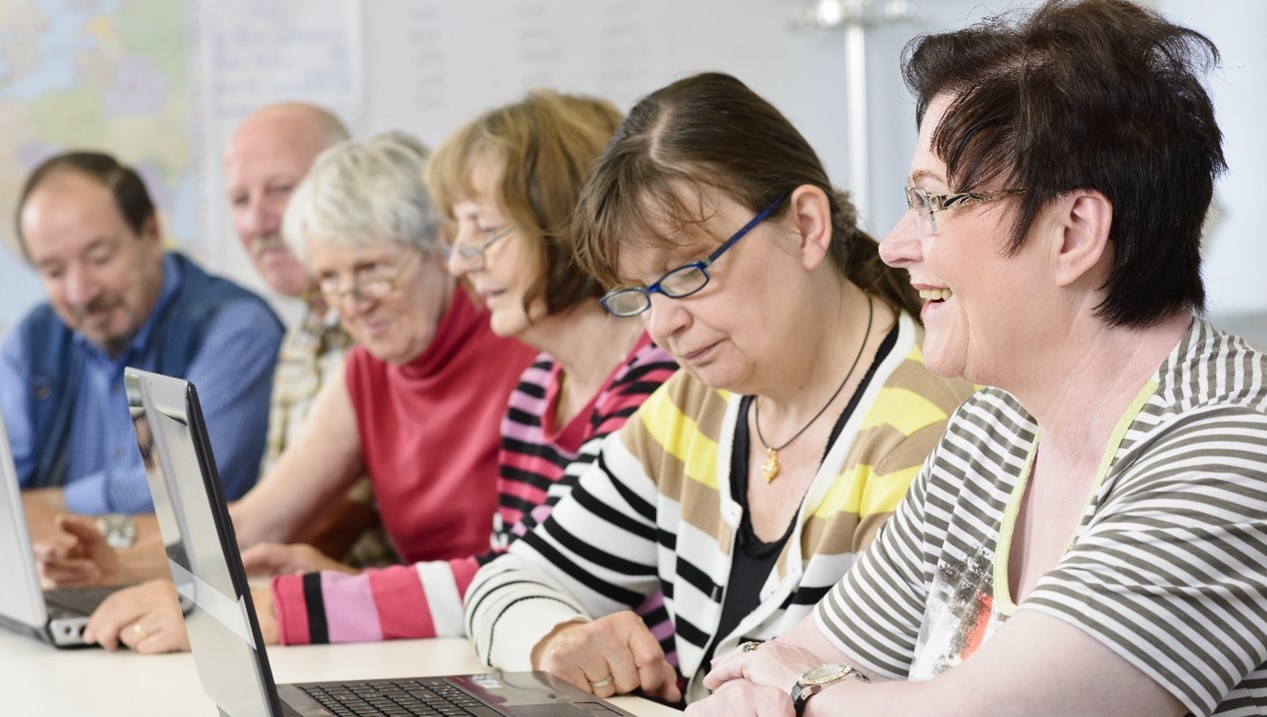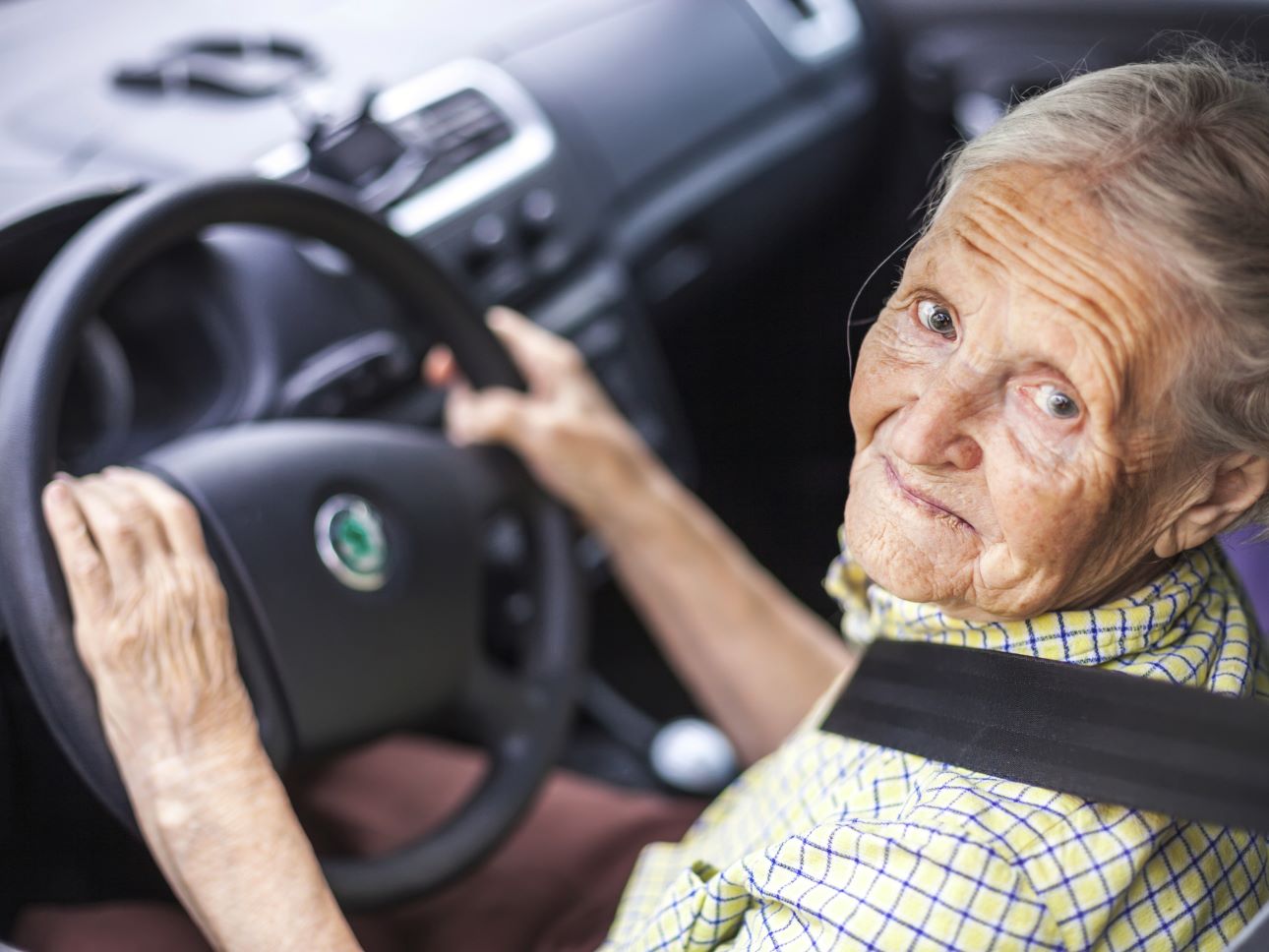Online retailers regularly use data about your internet surfing behaviour and your preferences, towards product placements and advertisements. A distinct form of digital behavioural data is now fast emerging and could offer a more fundamental insight: the way people interact with their smartphone might reveal cognitive alterations experienced through healthy ageing.
Course of cognitive ageing remains unpredictable
It is well accepted that our behaviour changes with older age. Such behaviour alterations can be observed and experienced, from difficulties in remembering names to poor balance while climbing stairs. And yet, the timing and extent of the change and exactly how the ageing process will impact us individually remains surprisingly unpredictable.
This project uses the day-to-day touchscreen interactions and builds new markers of cognitive change in ageing. The speed of swiping, tapping, and typing, the rhythmicity and variability of this physical interaction with your smartphone could give an indication of your information processing speed and your fine motor control. Not just that but the time spent away from your phone is as useful as it may indicate your sleeping habits [1]. Having such detailed and privacy-friendly data over a longer period would allow to measure how these parameters change.
A personalized and highly accessible assessment
The project will merge such data from touchscreen interactions in an ageing population with mobile brain recordings to develop a novel neuro-behavioural assessment system. Such an assessment would result in a personalized marker, based on the individual’s daily behaviour. This could flag age-related cognitive changes well before these becomes a major hindrance to daily functions and allow for early interventions. Because the use of smartphones is rapidly growing in the older population, such an assessment would be accessible and scalable to a large population.
 Share
Share



